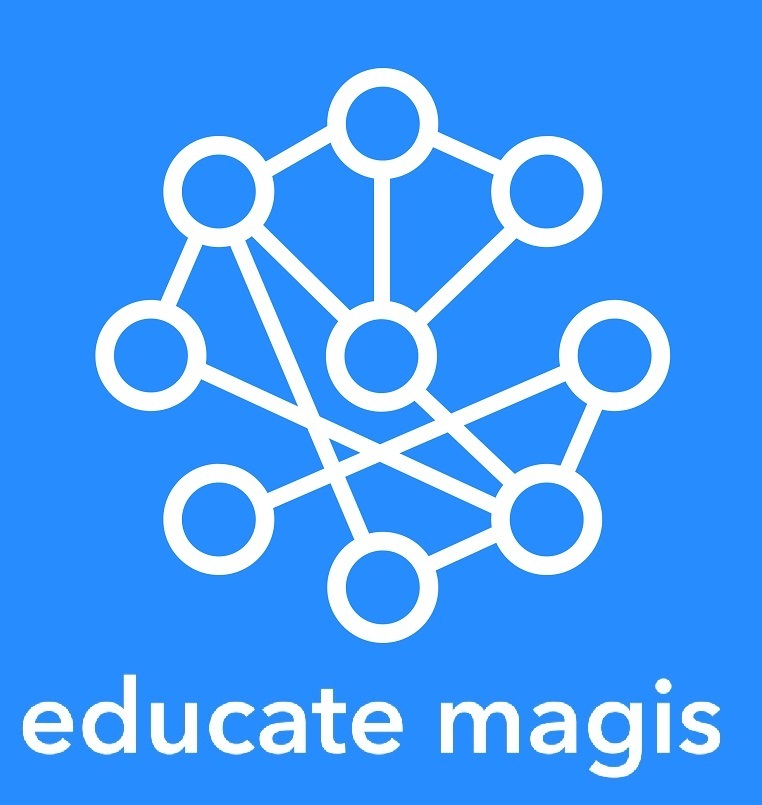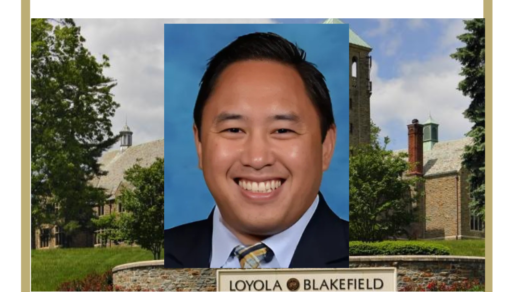Have you engaged with Educate Magis yet?

Educate Magis is the Global Apostolic Online Community of Educators from our Jesuit Global Network of Schools (JGNS). As stated in General Congregation 36, “Our global community of Educate Magis opens a new way of proceeding for our schools, enabling lay and Jesuit educators to collaborate as a Global Community in service of the Jesuit mission: ‘companions of reconciliation and justice – with God, within humanity, and with creation’ (GC 36 Decree #1).” Current Ignatian educators can sign up for an account on Educate Magis to engage in the full range of resources they offer.
I have been a member of Educate Magis for years, but I really saw the power this website has to drive global connections during this summer’s JESEDU-Jogja2024 global seminar in Yogyakarta, Indonesia. It connected those of us present at the seminar with people from all over the world and allowed them to be an integral part of our conversations and discernment process. The team at Educate Magis also did an excellent job recording every part of the seminar so that when we returned to our schools, we had everything we needed to share the fruits of the experience. Also, in the months since, they have continued the conversation through articles, social media posts, and more.
While in Indonesia, the Educate Magis team extended their outreach beyond the website through their social media handles, and it has been an incredible addition to the Educate Magis experience. I personally enjoy following Educate Magis on Instagram and seeing all the incredible things the team is working on to drive connection for those of us living towards the greater.
What are some of the offerings of Educate Magis?
- LEARN: Online courses and learning resources to facilitate and enable global Ignatian Learning
- TEACH: Online teaching tools and resources to facilitate and enable global Ignatian teaching.
- COLLABORATE: Online tools and resources to facilitate and enable global Ignatian collaboration and networking.
In the document Jesuit Schools: A Living Tradition in the 21st Century, 10 Global Identifiers of Jesuit schools are explored in depth. Global Identifier #8 for Jesuit schools says “Jesuit Schools are committed to being a Global Network at the service of the Mission.” In 2017, the delegates of JESEDU-Rio wrote the following about this commitment to global collaboration in their Action Statement:
“General Congregation 36 reminds us that collaboration naturally leads to cooperation through networks. New technologies of communication open up forms of organization that facilitate collaboration. They make it possible to mobilize human and material resources in support of mission, and to go beyond national borders and the boundaries of Province and Regions. ´ (D.2 #8) To answer this call our schools and local and regional networks are required to commit to be in global companionship so that our school communities can see themselves as a part of a universal body with a universal mission (GC35 D2 #20). This is indeed a new mindset and way of proceeding that demands our creativity and commitment to find ways to work together and accomplish a new level of agency for our schools. This process will make our schools stronger locally and globally and more relevant to the societies we serve.”
Educate Magis is one of the ways we can answer this call to global companionship for ourselves and the students we serve. If you have not yet done so and are a current Jesuit educator, go on over to Educate Magis and sign up today!
For your reflection:
- What has been your experience thus far of the global Jesuit community?
- How are you seeking growth in collaboration with others outside your immediate institution? How can Educate Magis help in that growth?
- How does your current institution currently connect with the global Jesuit community? In what ways could they enhance that connection in light of global identifier #8?
- Have you explored the living document Jesuit Schools: A Living Tradition in the 21st Century? How could reflection on this document enhance your work and the work of your institution?



